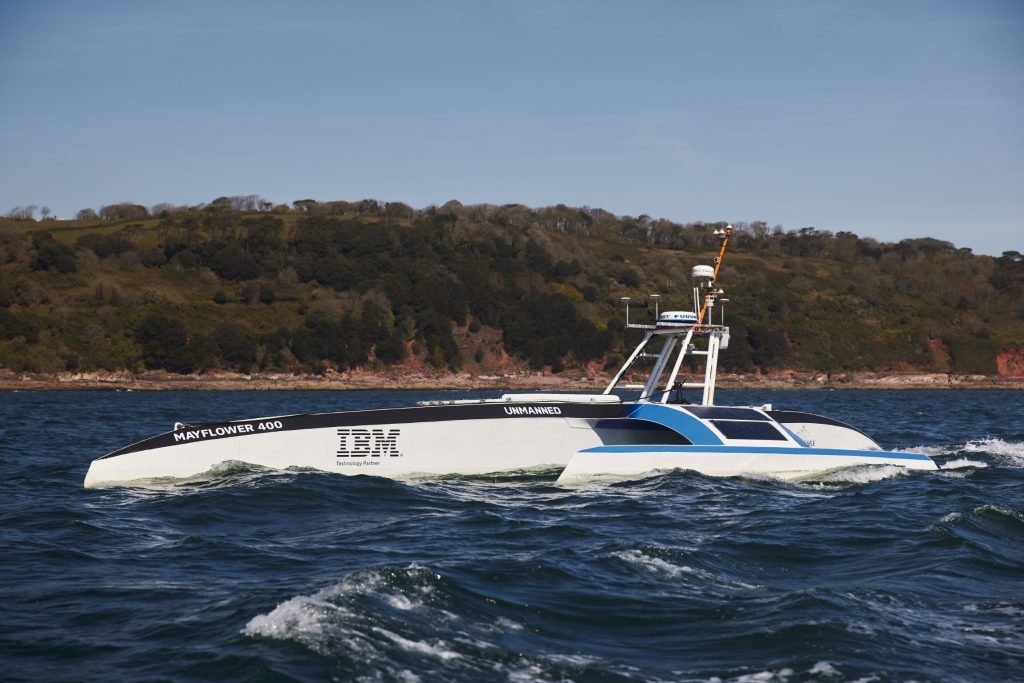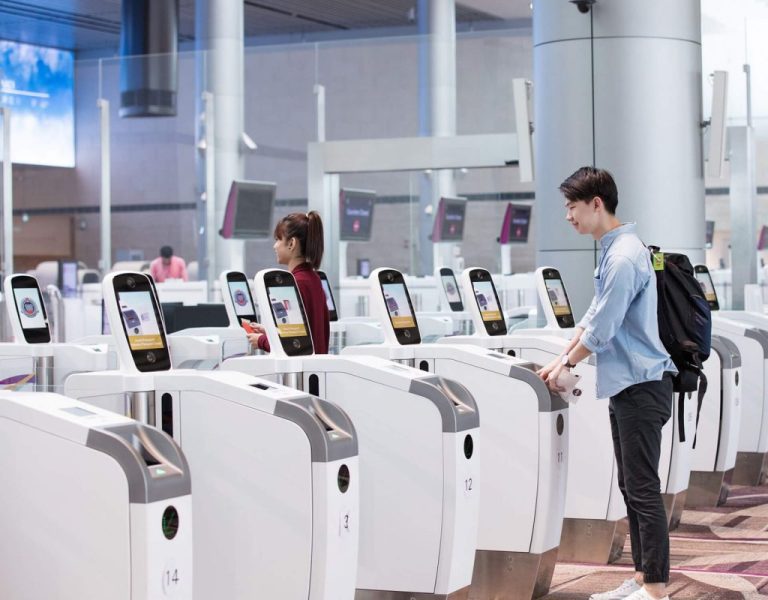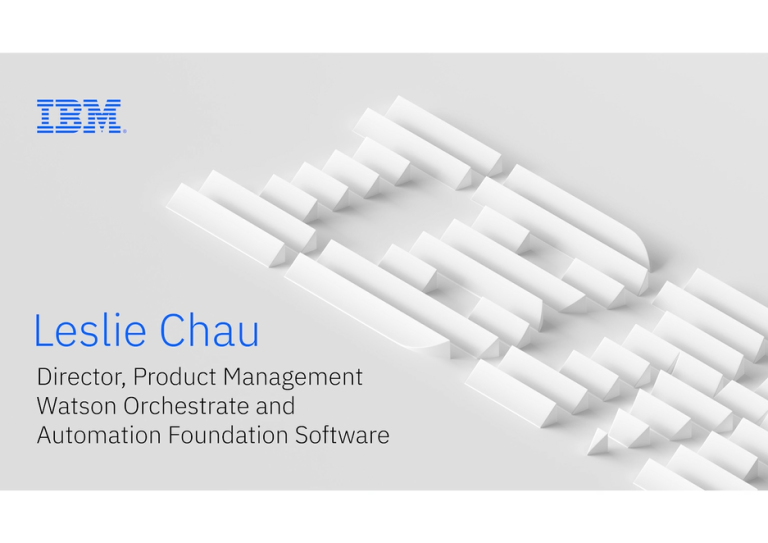IBM’s Revolutionary AI-Driven Mayflower Ship Successfully Completes Atlantic Voyage
IBM’s AI-Powered Mayflower Ship Successfully Crosses the Atlantic
A remarkable innovation in maritime technology, IBM’s AI-driven ship, the Mayflower, has successfully traversed the Atlantic Ocean, though not without complications. This 50-foot autonomous vessel, inspired by the historic ship that transported Pilgrims from Plymouth, UK, to Massachusetts, US in 1620, utilizes artificial intelligence and edge computing for its navigation across unpredictable oceanic conditions.
Initially scheduled to launch in June 2021, the Mayflower faced unexpected technical difficulties that necessitated its return to Plymouth. After a series of setbacks, the vessel set sail again in April 2022. However, it soon encountered a generator issue that compelled a diversion to the Azores Islands in Portugal. Following repairs, the ship resumed its journey, only to grapple with a charging circuit failure in late May, which led it to chart a new course towards Halifax, Nova Scotia.
After over five weeks at sea, the Mayflower has successfully docked in Halifax, marking a significant milestone in its expedition, even if it has not yet reached its final destination. While the vessel has mechanical shortcomings, IBM asserts that its autonomous systems—including the AI captain developed in collaboration with MarineAI—functioned without a hitch. This achievement demonstrates the potential of AI in navigation, even as current technology lacks the capability to perform mechanical repairs autonomously.
“It will be entirely responsible for its own navigation decisions as it progresses, possessing sophisticated software—AI tools to identify various obstacles such as ships, debris, land formations, and even marine life,” explained Robert High, VP and CTO of Edge Computing at IBM. The Mayflower 2.0 is a product of IBM’s partnership with the marine research nonprofit, Promare. It is equipped with a wind/solar hybrid propulsion system and a variety of sensors that contribute to scientific research, measuring factors such as acoustic conditions, nutrients, temperature, and air and water samples.
To discover more about the Mayflower and access live data and streaming from the ship, visit their official page.
For those interested in further exploring the fields of AI and big data, the upcoming AI & Big Data Expo will be held in Amsterdam, California, and London. Details of other enterprise technology events and webinars presented by TechForge can be found on our site.
NVIDIA Aids Germany in Dominating Europe’s AI Manufacturing Sector
MedTech AI, Hardware, and Clinical Application Initiatives
The AI Execution Gap: Why 80% of Projects Fail to Reach Production
Teachers in England Authorized to Utilize AI in Education
Subscribe Now to Access Premium Content and Latest Tech Updates Delivered to Your Inbox
Recent Trends and Insights
Education, Legislation & Government
Teachers in England given the green-light to use AI
Artificial Intelligence, Sponsored Content
AI’s influence in the cryptocurrency industry
AGI, Artificial Intelligence, Companies, Development, Ethics & Society
Sam Altman, OpenAI: The superintelligence era has begun.
AI’s Influence in the Cryptocurrency Industry
The integration of Artificial Intelligence (AI) within the cryptocurrency sector is rapidly transforming how transactions are processed, monitored, and analyzed. By harnessing AI technologies, companies can optimize trading strategies, enhance security protocols, and improve customer service. These advancements allow for more efficient market predictions and quicker response times to fluctuations in cryptocurrency values.
Moreover, AI can assist in identifying fraudulent activities within the blockchain, enhancing the overall integrity of cryptocurrency systems. As this technology evolves, its role in the crypto environment will likely expand, offering even more innovative solutions to both longstanding and emerging challenges.
The Era of Superintelligence
Sam Altman of OpenAI has indicated that we are entering a new age defined by superintelligence. This evolution not only hints at substantial advancements in AI capabilities but also raises critical ethical questions regarding the control and implementation of these technologies. The push towards developing superintelligent systems prompts discussions about their potential impact on various sectors, including business, healthcare, and governance.
As we navigate this transition, it is essential for organizations to develop frameworks that prioritize ethical considerations while fostering innovation. This balance will be crucial in leveraging the benefits of superintelligent AI while mitigating risks associated with its deployment.






